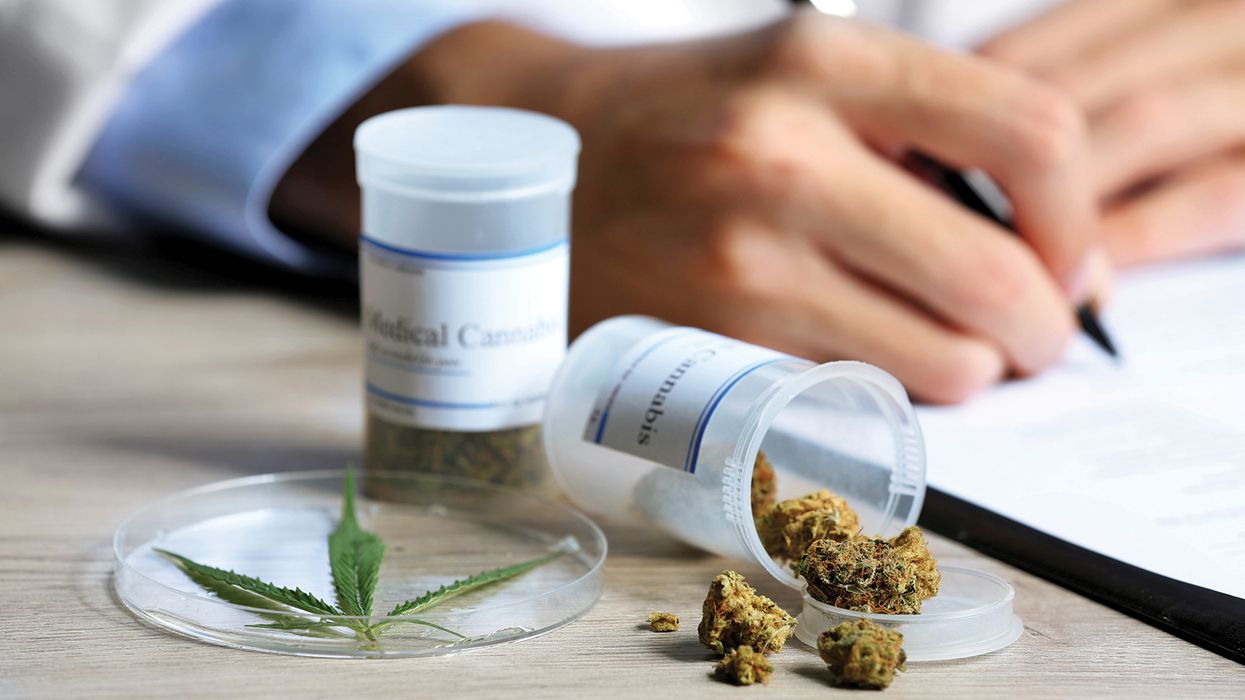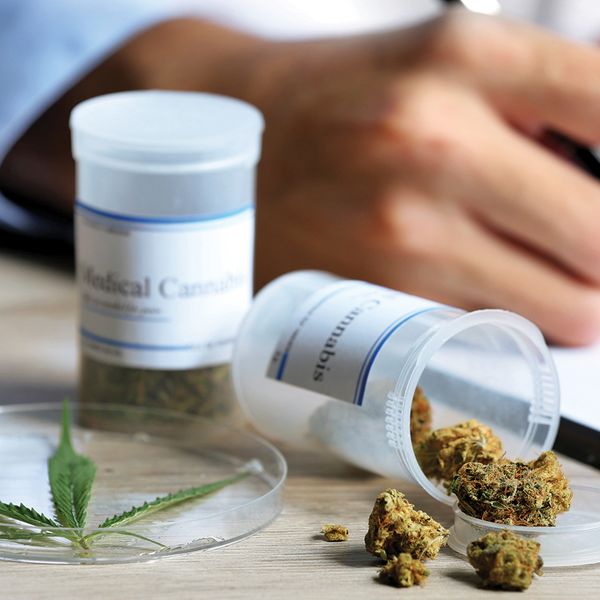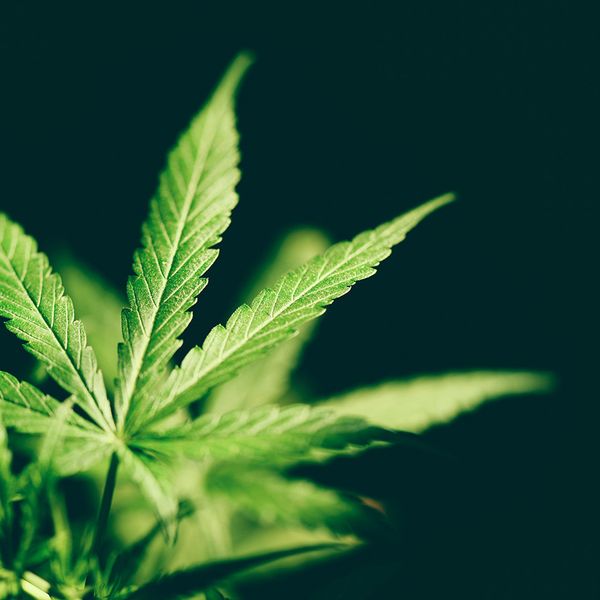Must we accommodate an employee’s medical marijuana?
What would you do if an employee, who used medical marijuana for PTSD, was selected for random drug testing, and tested positive for marijuana? Would you accommodate? Are you required to?
Case in point
Because of his PTSD, Tom obtained a state medical marijuana card. After testing positive for the drug at work, he argued that the test result should have been reported as negative, or that he should have been sent for a fitness-for-duty evaluation. The employer chose the former option and, in the interim, Tom was placed on unpaid administrative leave pending an investigation.
Tom’s evaluation indicated that he was fit for duty with no restrictions. Despite this, he was terminated, citing safety concerns related to his marijuana use.
The claims
Tom sued, arguing that the employer discriminated against him on the basis of disability in violation of the ADA by firing him for a positive drug test despite his medical marijuana card, and not accommodating his positive drug test in light of his medical marijuana certificate.
The employer argued that Tom was not a qualified individual under the ADA because he currently used an illegal drug.
The result
The court found for the employer, indicating that an ADA-qualified individual does not include employees who currently engage in the illegal use of drugs, when the employer acts on the basis of such use. The ADA’s definition of illegal drug refers to the federal Controlled Substances Act, which classifies marijuana as a Schedule I illegal substance.
Although the state law in this case prohibits discrimination on the basis of authorized use of marijuana, it did not require accommodating its use. The ADA provides no protection against discrimination on the basis of medical marijuana use, even where that use is state-authorized and physician-supervised.
Employer beware
Medical marijuana users might still be protected by the ADA. If Tom could have claimed that he was discriminated against on the basis of his PTSD, and not his use of marijuana, the ruling could have been very different. Tom’s employer was not, however, aware of his PTSD — only of his marijuana card.
Even though Tom tried to argue that the employer should have been aware of his condition because he had a medical marijuana card, the ADA makes no exception for illegal drug use caused by an underlying disability, and instead explicitly provides that employers may drug test employees and terminate them on the basis of illegal drug use without violating the ADA.
Tom’s failure to accommodate claim also failed because allowing the use of marijuana is not a reasonable accommodation.
Eccleston v. The City of Waterbury, Dist. Court, D. Connecticut, No. 3:19-cv-1614, March 22, 2021
State laws
Six states (CT, MT, NV, NJ, NY, RI) and the District of Columbia have laws that provide some employee protections from discrimination because of marijuana use. Nevada requires accommodation and the others prohibit taking a negative employment action based on marijuana use, but don’t specifically require accommodations. The DC law becomes effective next year.
Key to remember
While you need not accommodate an employee’s medical marijuana use under the federal ADA, you may need to accommodate an employee’s medical condition for which an employee uses medical marijuana. State laws might also require you to accommodate medical marijuana use outside of work.
























































